
How Washington dealt a blow to the years-old diplomatic push for a US-China alliance in Africa
- Chinese and American diplomats and policy specialists had quietly strived for cooperation on development projects
- Trilateral consultation project aimed to find common ground to address Africa’s challenges
The US government’s adoption of a strategy that aims to counter China’s rapidly expanding economic and political influence in Africa deals yet another blow to a years-long diplomatic effort to promote China-US collaboration on the continent, analysts say.
Around the same time as US National Security Advisor John Bolton was detailing America’s “new African strategy” in a speech at a Washington think tank two weeks ago, a group of former Chinese and American diplomats and policy experts were gathering in South Africa in a renewed effort to push for cooperation on development projects in Africa.
That meeting, part of a trilateral consultation project led by the non-profit Carter Centre since 2014 and hosted by the South African Institute of International Affairs, was aimed at building confidence and seeking common ground to address some of Africa’s pressing challenges, people familiar with the discussions told the South China Morning Post.
It was not the first time that diplomats, government advisers and think tanks from both countries had tried to set up official and unofficial channels to test the possibility of collaboration in other countries. But with Africa in the forefront, there has always been a secondary focus behind these efforts: namely, preventing often tumultuous China-US relations from going off the rails amid growing hostility and rising geopolitical tensions.
Nevertheless, such activities have received relatively little public attention.
In recent years, they may have been drowned out by global media coverage of other matters, such as China’s extensive investment programmes in Africa and US President Donald Trump’s criticism of the “debt-trap diplomacy” in Beijing’s Belt and Road Initiative.
In fact, for more than a decade, numerous quiet, behind-the-scenes diplomatic efforts have gone virtually unnoticed. But they have fallen even farther into the shadows since Trump, a year ago, declared that a new era of “great power competition” with China was under way.
John Stremlau, a former head of the Carter Centre’s peace programmes who helped create the “Africa-China-US consultation for peace” project, described the latest meeting of the trilateral consultation group in South Africa as “useful and productive”.
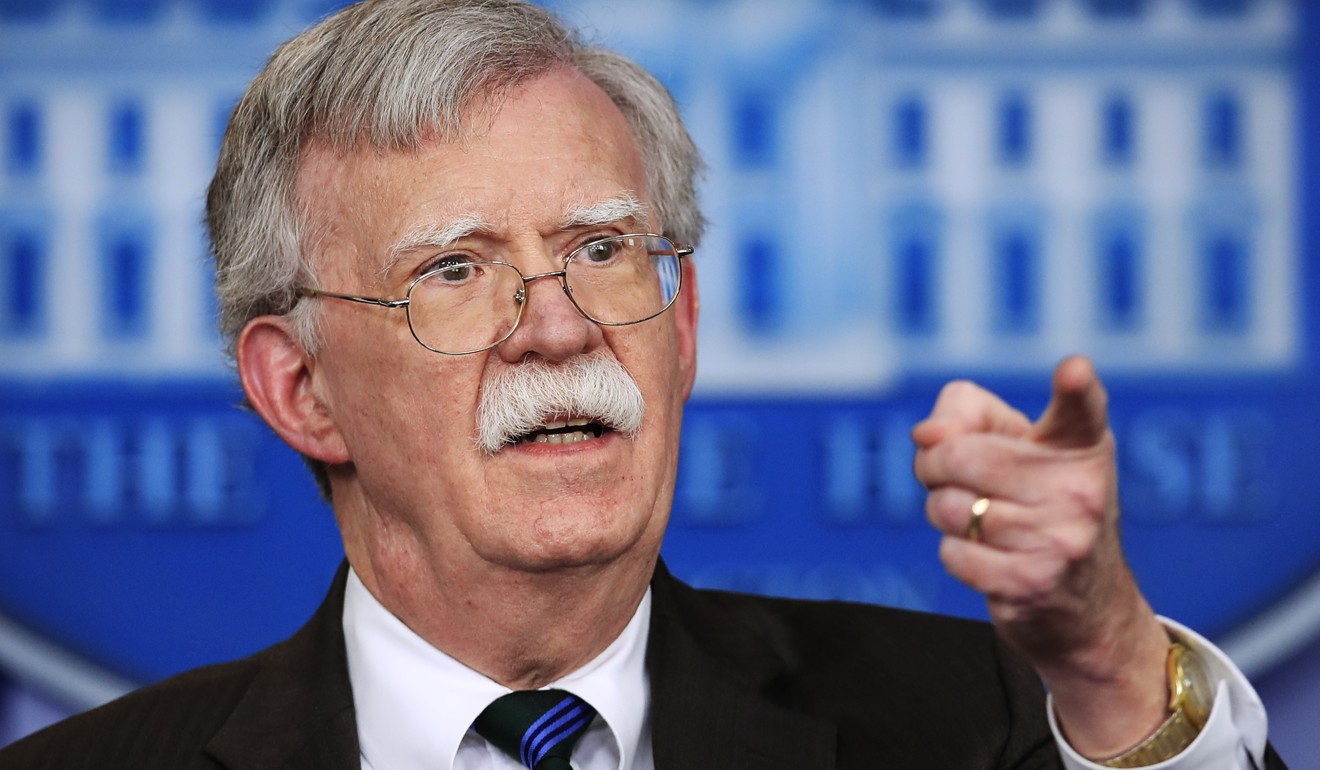
This year’s dialogue was led by Zhong Jianhua, a former Chinese ambassador to South Africa and Beijing’s special representative on African affairs and to the Sudan conflicts; Donald Booth, a former US ambassador to Liberia, Zambia, Ethiopia and a special envoy to Sudan; and Seyoum Mesfin, Ethiopia’s former foreign minister and China ambassador.
Stremlau called the latest discourse symbolic, given it came with US-China relations at a historic low amid the protracted trade war and escalating technology rivalry, and top officials in both countries largely talking past each other.
“It appears that there are practical expressions of cooperation on important issues that did not require the highest level of attention in Washington or Beijing, but did bring real benefits,” said Stremlau, a visiting international relations professor at the University of the Witwatersrand in Johannesburg.
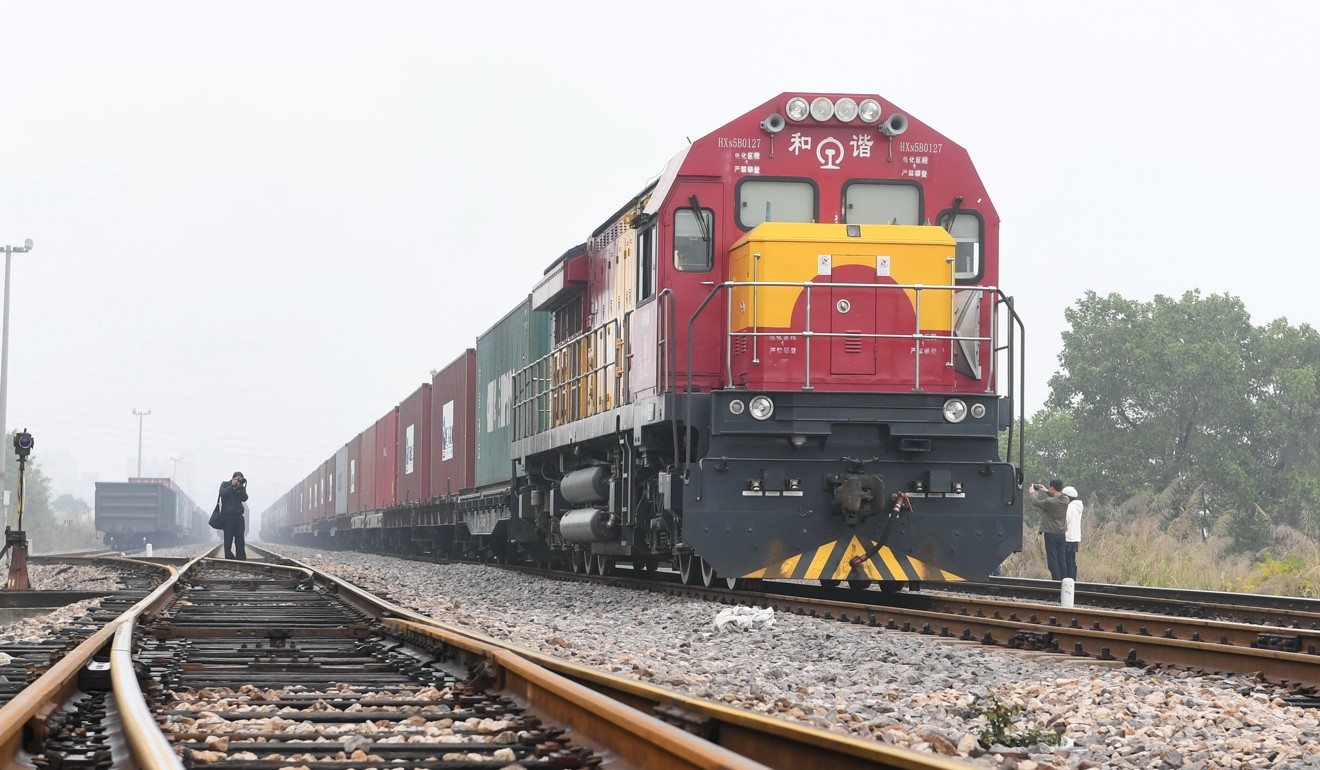
The project suffered setbacks after Trump took office two years ago, however, as his senior advisers were excluded from the discussions largely because of the US leader’s disdain for diplomacy and his tough stance on China.
Bolton’s policy speech, delivered on December 13 at the Heritage Foundation, a conservative think tank in Washington, was in character for a renowned China hawk who has long viewed China as a “strategic competitor” to the US.
Trump’s national security adviser attacked the belt and road – President Xi Jinping’s multibillion dollar, signature infrastructure and trade programme – as Beijing’s deliberate and aggressive attempt to gain global dominance for China.
Labelling China as a great power competitor to America, along with Russia, Bolton also accused China of aggressively seeking to gain supremacy through the use of “bribes, opaque agreements and the strategic use of debt to hold states in Africa captive to Beijing’s wishes and demands”.
Yun Sun, a senior fellow at the Stimson Centre in Washington, said the Africa strategy reflected the Trump administration’s current priority, which was to restrict China’s growing global influence.
“The Africa strategy is not about Africa, but more about China in Africa. Or Africa is viewed through the lens of US-China competition. Africa is not seen as a geopolitical priority and that is not a perception that’s limited to the current administration,” she said.
Calling the rhetoric in Bolton’s speech “reminiscent of the cold war”, Stremlau pointed out that previous US administrations generally had avoided speaking harshly of China’s growing economic and geostrategic foothold in Africa.
“Africa offers China and America an opportunity to demonstrate to the world – and to each other – that their competition can be constructive with Africa playing a moderating influence by brokering an agreed trilateral agenda,” the professor said.
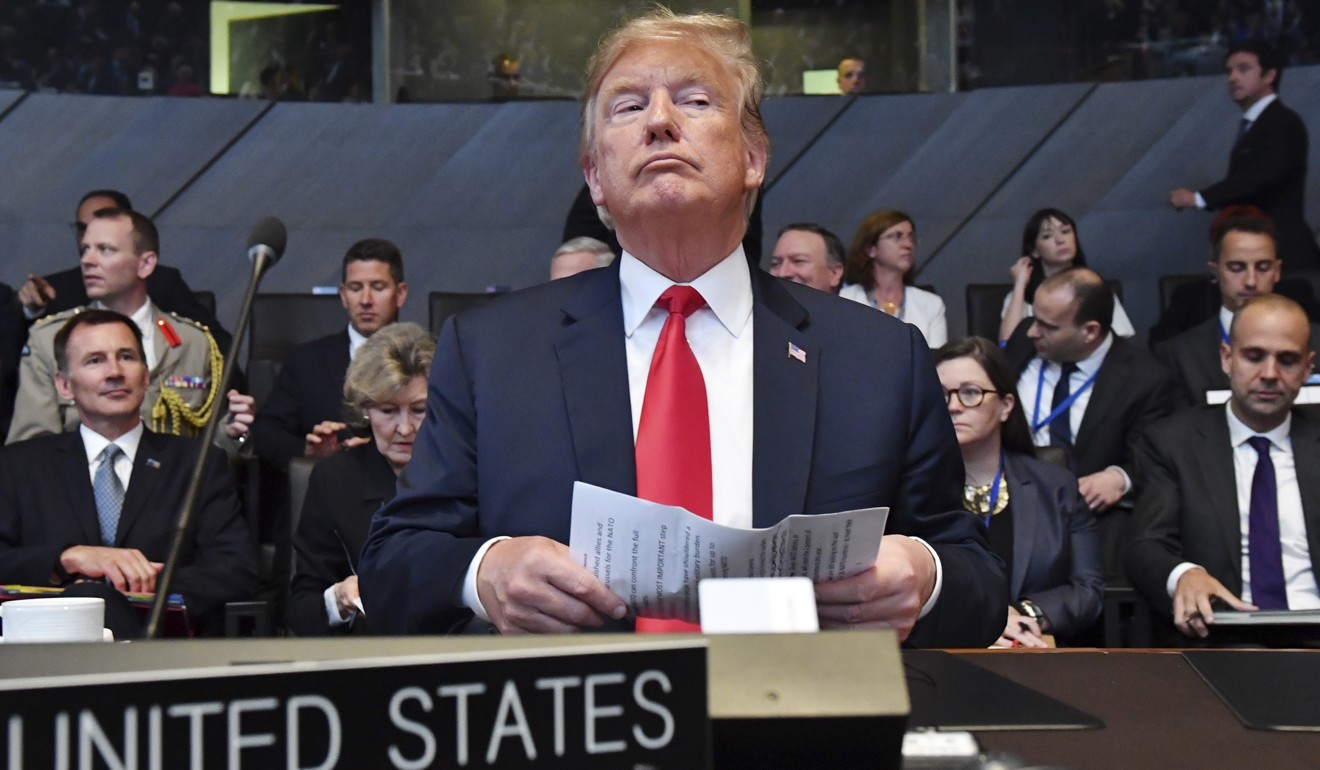
But Bolton’s strident remarks appeared to signal a fundamental, if not unprecedented, shift in Washington’s perception of China – from a predominantly cooperative partner, to a competitor or even adversary. The latter view was enhanced by Xi’s confirmation early this year as China’s “president for life”, elevating him to the level of Mao Zedong, founder of the People’s Republic of China and making Xi China’s most powerful leader in decades.
Trump’s White House has rolled out a series of measures this year to counter China’s spending spree in Africa.
China provided around US$125 billion in loans for over 2,000 mostly energy- and infrastructure-related projects across Africa from 2000 to 2016, according to data from the China-Africa Research Initiative at Washington’s Johns Hopkins University School of Advanced International Studies.
By comparison, the US has provided US$97.67 billion in official development help to Sub-Saharan Africa over the past 18 years.
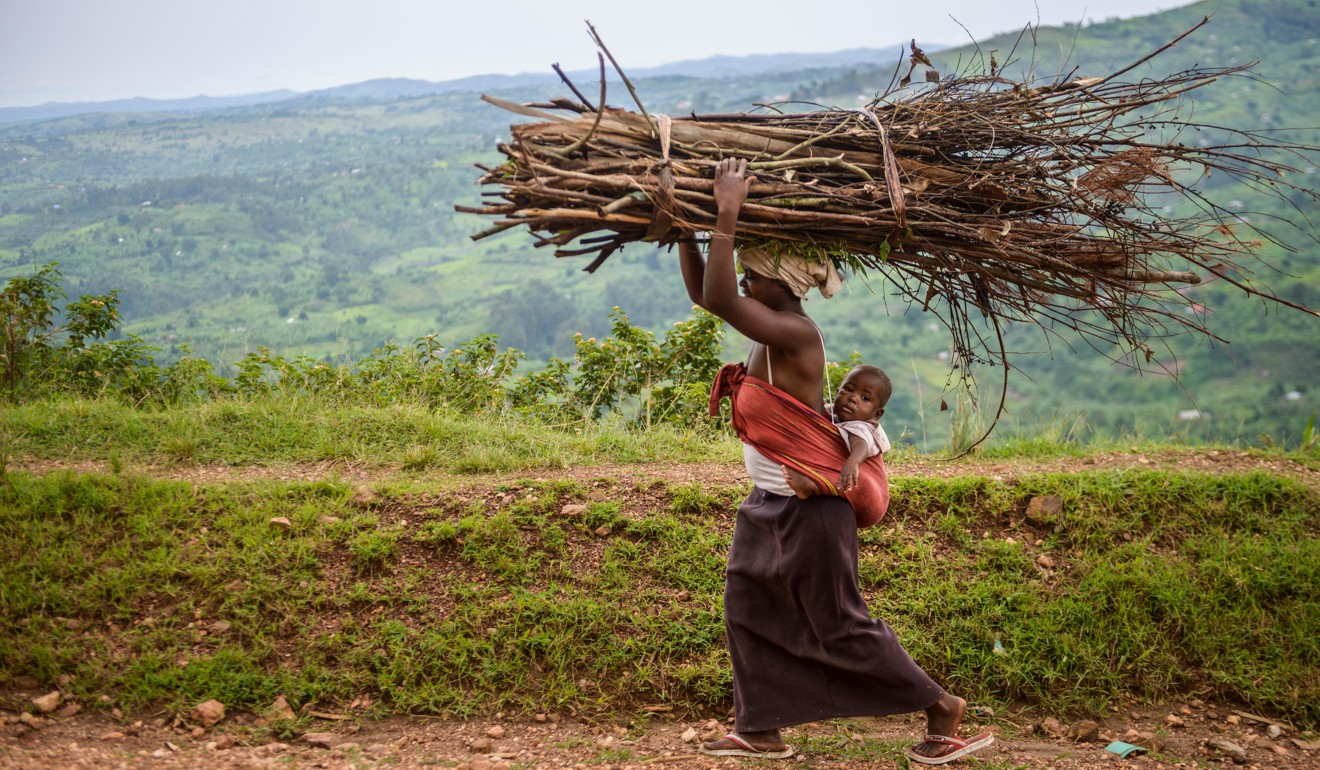
In September, Xi offered the continent – widely seen an economic backwater beset by political turmoil – another US$60 billion in financing, during the Forum on China-Africa Cooperation in Beijing. That action came on top of a pledge of another US$60 billion at a previous Johannesburg summit three years ago.
On the heels of Washington’s launch of an “Indo-Pacific Economic Vision” and a new US International Development Finance Corp in recent months, Bolton also unveiled a new economic plan: “Prosper Africa”.
Analysts said the announcement marked a watershed moment in Washington’s national security strategy, prioritising competition with China over counterterrorism efforts – and adhering to the plan that Trump had spelt out in a national security strategy released in December 2017.
As Trump’s approach hardens on China, his attitude has apparently soured the mood for official dialogues between the two governments on trade and diplomatic and security issues, including Africa.
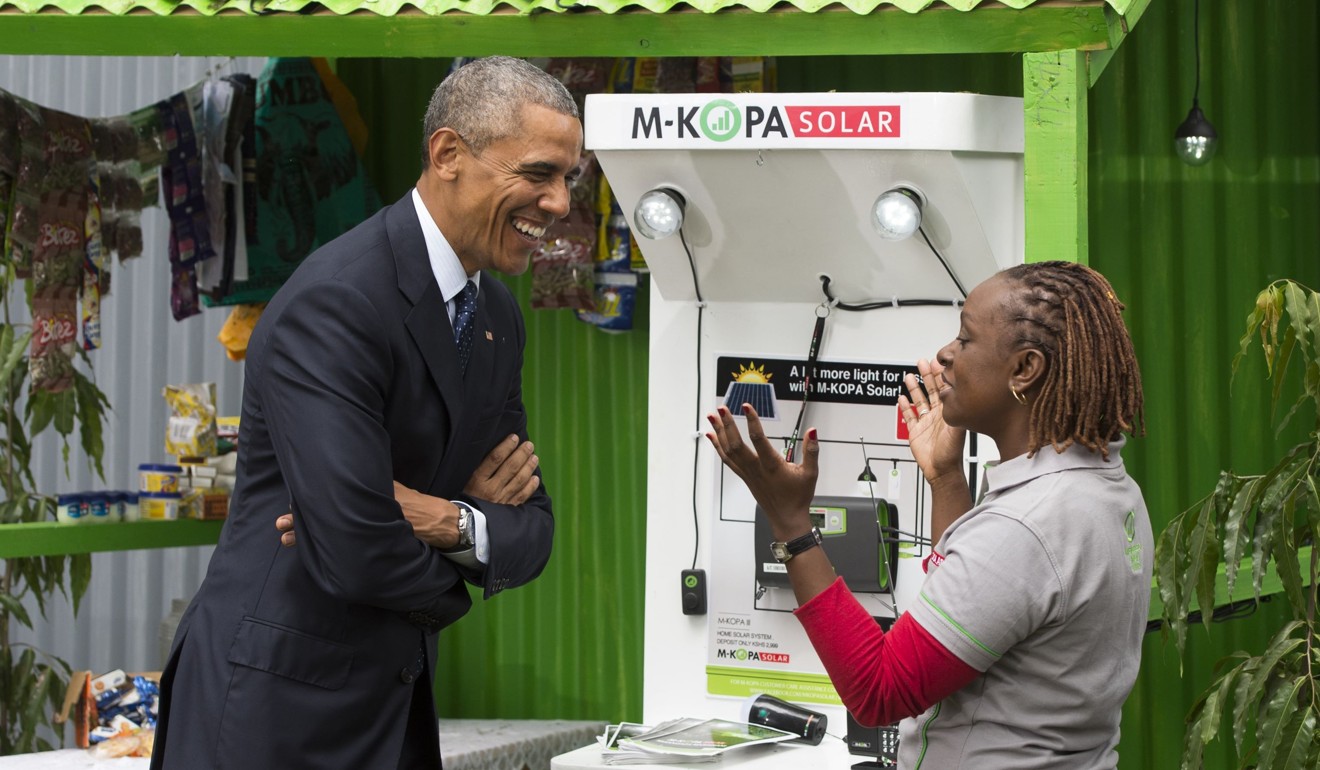
A long-standing formal diplomatic dialogue between China and the US on Africa, dating back to 2005, also has been suspended under Trump. Seven rounds of vice-ministerial talks on Africa were held in Beijing and Washington between November 2005 and March 2016, according to the Chinese Foreign Ministry.
The Africa dialogue was one of the longest-running talks between the two governments dedicated to regional issues. It also marked Beijing’s first attempt to hold formal discussions with other countries on its growing interest in Africa, according to Xu Weizhong, director of the Institute of African Studies with the China Institutes of Contemporary International Relations.
Years of talks paid off in September 2015, during Xi’s visit to the US, when the Chinese Ministry of Commerce and the US Agency for International Development signed a memorandum of understanding that called for the US and China to work together on various global projects, including African food security and public health.
But the exultation over the MOU’s signing, which Tao Wenzhao, a US affairs specialist with the Chinese Academy of Social Sciences, called a breakthrough in China-US relations, was short-lived because Trump won the 2016 US presidential election. The new president showed little enthusiasm for a US-China alliance.
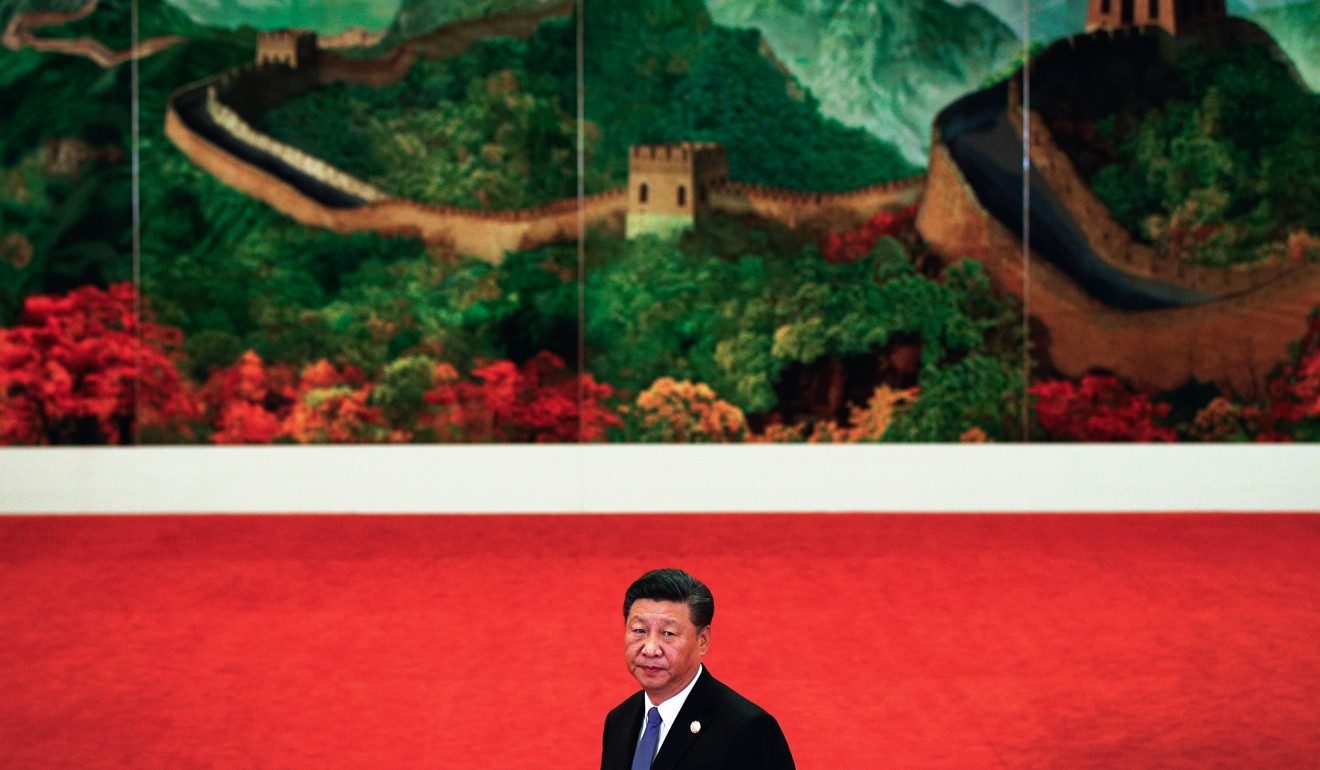
“Africa is a vast continent with enormous potential and is big enough for major powers such as China and the US to cooperate as well as compete,” Tao said. “So it’s very unfortunate that Trump appears to have little interest in forging a partnership with China in Africa.”
Kurt Campbell, an assistant Secretary of State for East Asian and Pacific Affairs under former US president Barack Obama, also said the two countries have failed to develop “the habits of cooperation” over the decades that would allow them not just to coexist but to make progress together.
“Despite the enormity of the bureaucratic connections between the two governments, in truth I know of no two powers that do as little together as the US and China,” Campbell said last year in a speech at the United States Institute of Peace, a federal institution that promotes worldwide conflict resolution and prevention.
Despite cooperation talks, China and the US have had no substantial African joint endeavours in the past year. Their major collaborative achievements in the continent in 2018 have been limited to working on a few cases of disease prevention, the West African Ebola virus epidemic and helping the African Centres for Disease Control pursue its goals for combating infectious diseases.
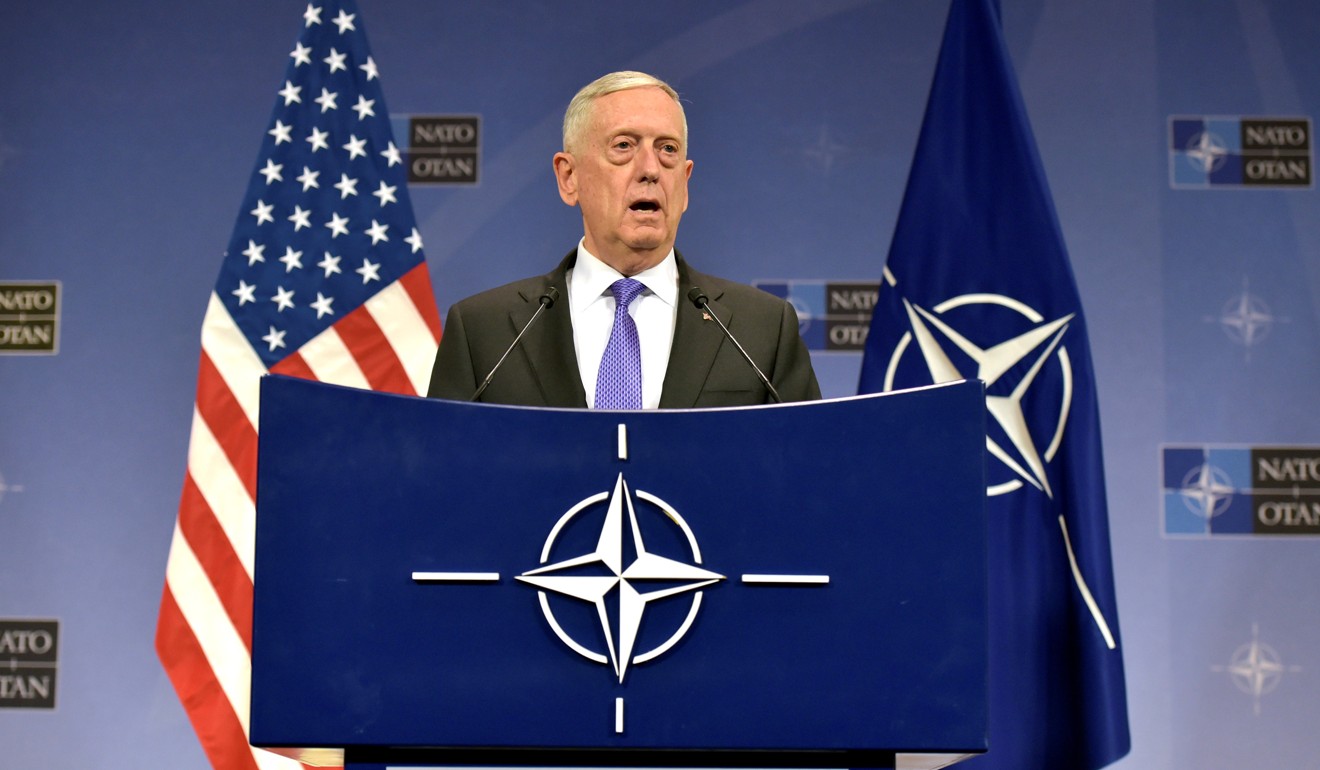
The limited contribution shows “the US and China seem to cooperate on the lowest common denominator issues”, the Stimson Centre’s Yun Sun said.
“But we all know that the majority of China’s development work in Africa is on infrastructure, and a good chunk of US aid work in Africa is focused on governance and capacity building. We do not see much cooperation on those.”
Zhong Jianhua, China’s former South African ambassador, and his US counterpart, Princeton Lyman, also acknowledged in an article they co-wrote for Foreign Affairs magazine last year, that China and the US have not done enough to avoid duplicating or undermining each other’s efforts, notwithstanding past and oft- repeated pledges to step up cooperation.
They cited joint assaults on antipiracy operations off the Horn of Africa since 2010, combined responses to the Ebola crisis that erupted in 2014 and mutual involvement in the peace process in Sudan and South Sudan, as successful examples of China-US cooperation.
“But it is also vital to be clear-eyed about where collaboration is probably not possible,” they wrote. “Mistrust, military rivalry, commercial competition and different approaches to governance have long characterised Chinese-US relations.”
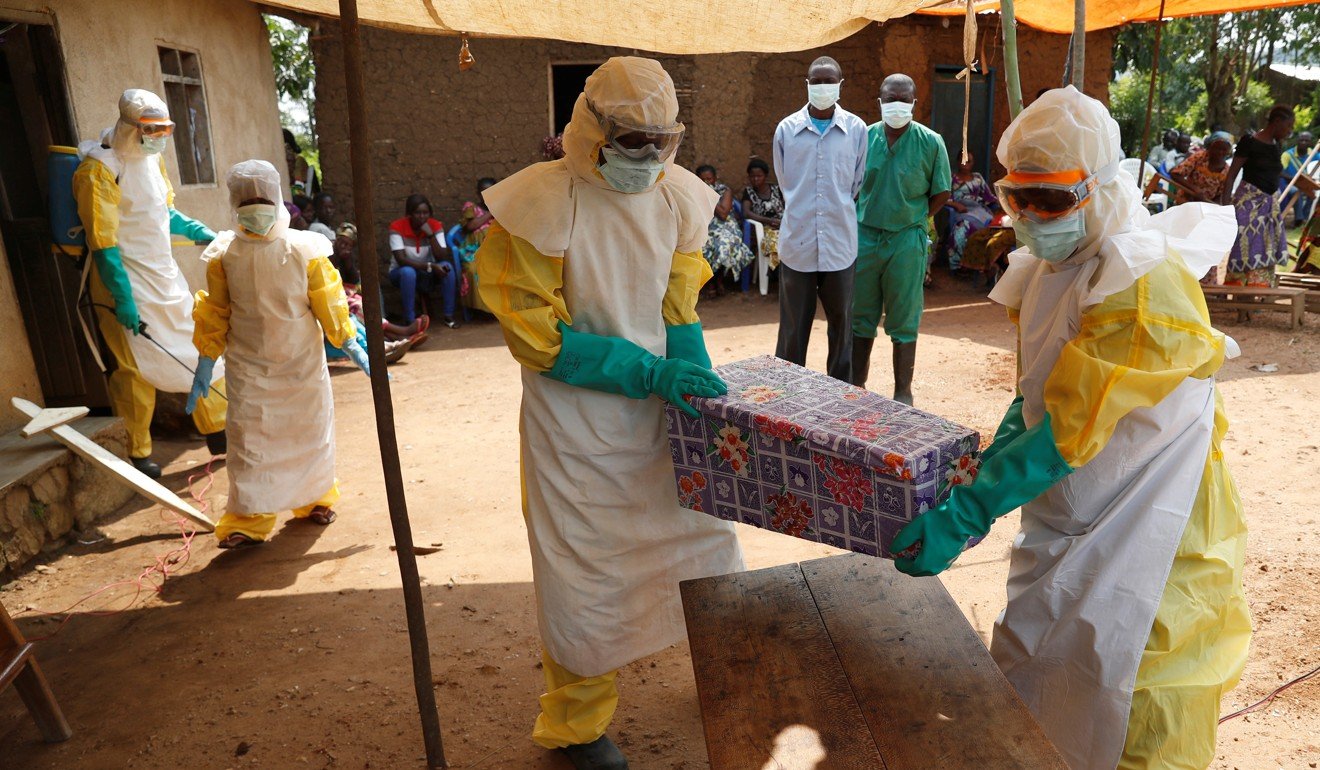
In Africa, too, Zhong and Lyman wrote, “Beijing’s and Washington’s approaches diverge: China’s commitment to non-interference in the internal affairs of other states differs from the standards-based and at times conditional methods traditionally embedded in US foreign policy and aid programmes”.
Analysts say the effectiveness of Trump’s African policy may have already been undermined by the lack of concrete plans to challenge China’s ascendance.
And in the weeks and months to come, chaos at the White House tied to Secretary of Defence James Mattis’s resignation and Trump’s deepening confrontation with a Congress controlled by Democrats over budgets and other issues also could hamper the president’s strategy in regards to China and Africa.
Moreover, there is doubt about the sincerity of the Trump administration’s desire to prevent what Bolton called “predatory practices” by China and Russia from stunting economic growth in Africa.
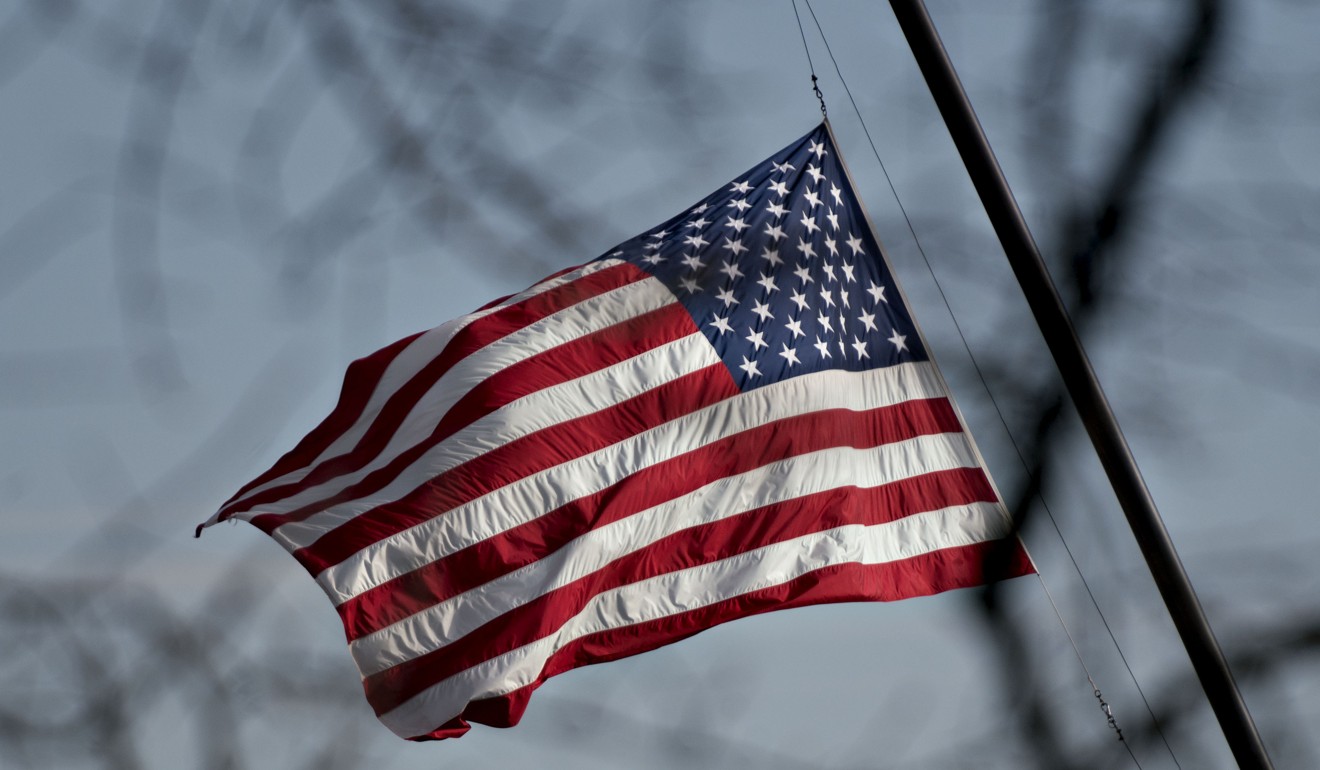
The security adviser had said the US was developing the “Prosper Africa” initiative to support US investment in Africa and a growing middle class in the region, without divulging details.
“Donald Trump is showing little interest in understanding Africa,” Stremlau said. “So the explanation that his national security adviser gave for this new strategy is questionable.”
“More importantly, the presidency is in question and his administration seems to be in total disarray right now,” he said.
“I think it’s important for serious powers like China to wait and see, but not presume one way or the other, until things become a little clearer because you don’t want to have a miscalculation.”

